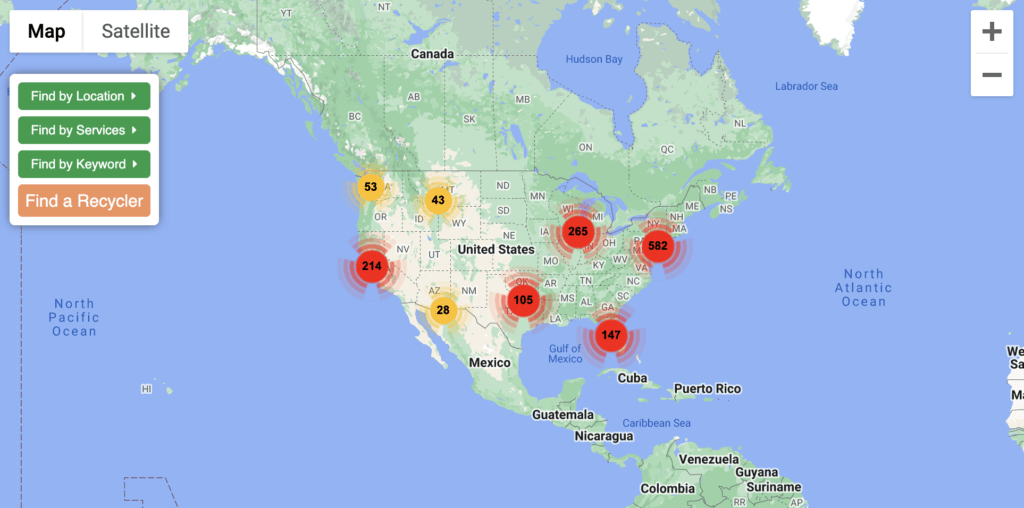Defining Excellence in Ethical Electronics Recycling and Reuse
e-Stewards Certified electronics recyclers and refurbishers are the trusted destination for all of your retired electronic assets.
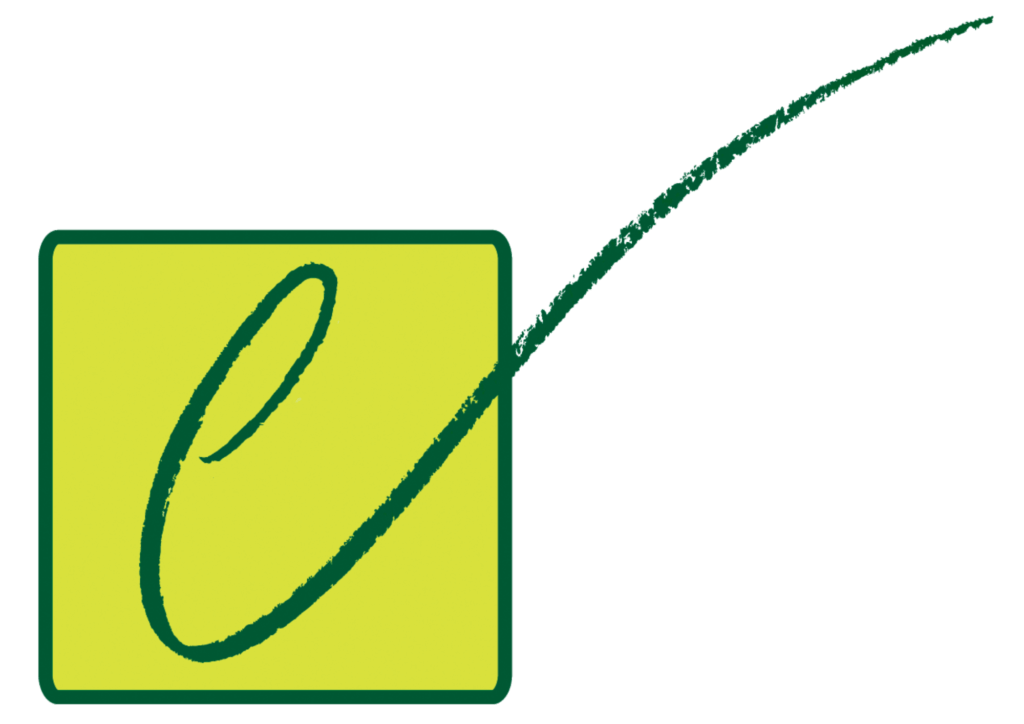




























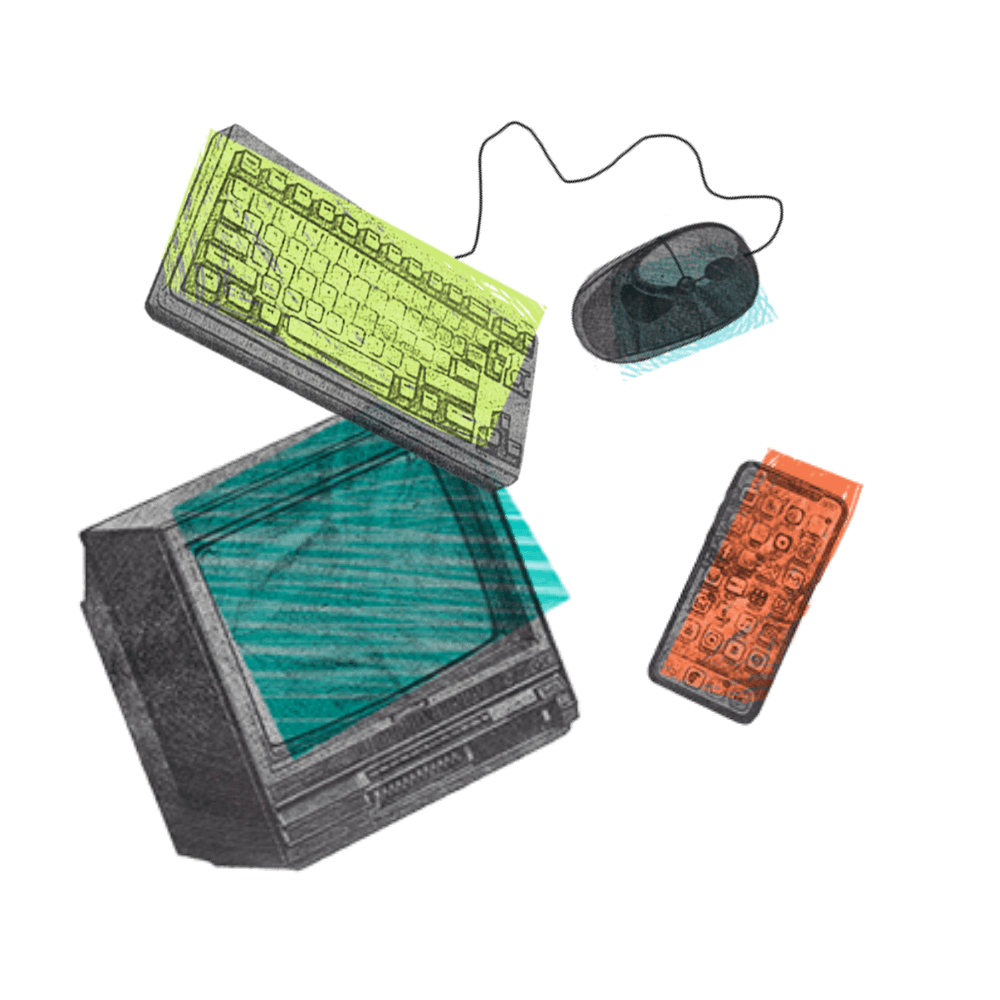
We all have old electronics that need to be reused or recycled.
Every business, organization, household and individual ends up with electronics we no longer need. We know they should be properly refurbished or repaired…
Yet, e-Waste can be Toxic Waste.
From computers to phones to TVs, all electronics contain toxic materials such as mercury, brominated flame retardants, and lead which must be managed safely at the end of their lives.
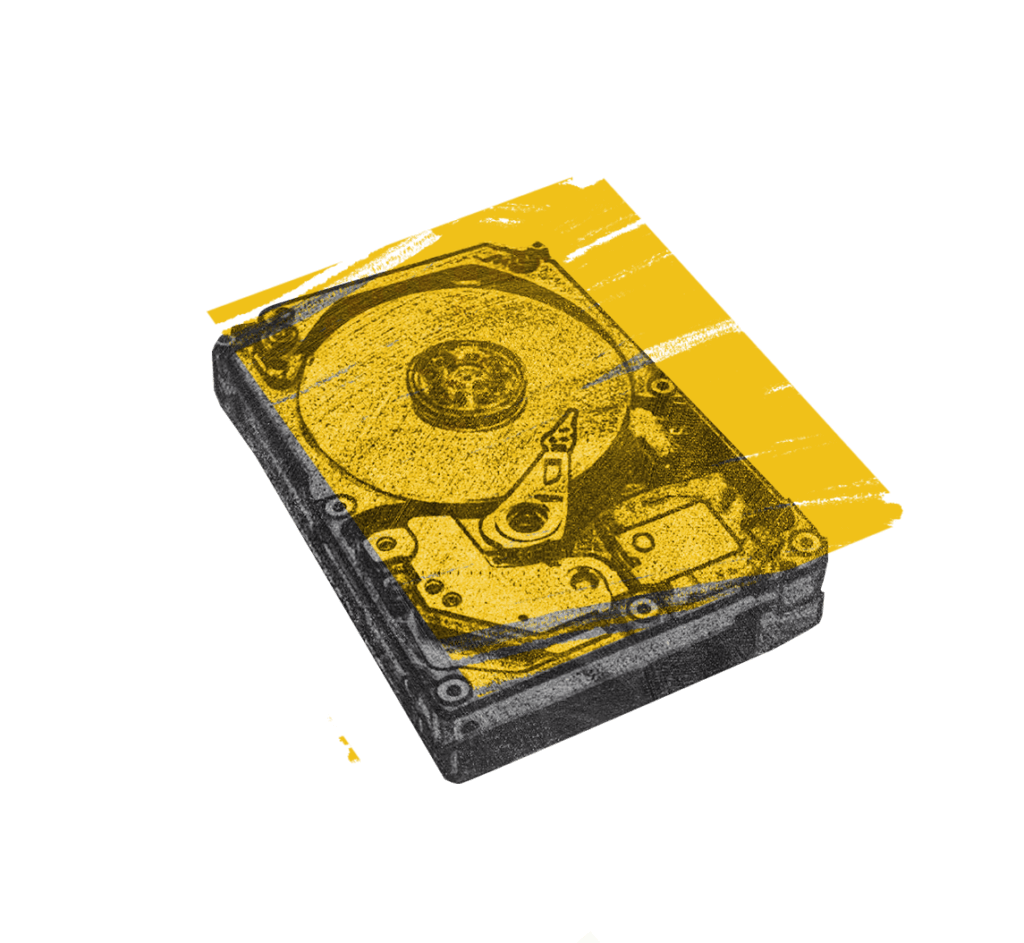
And our old electronics contain private data.
E-waste can ruin lives and livelihoods by compromising confidential personal information. Over 35% of used hard drives purchased online contained residual data, which could result in serious legal liabilities or identity theft.
When properly managed electronic equipment can find new life.
Refurbishing electronics can extend the life of old phones and computers, parts can be harvested, and when that is no longer possible, valuable raw materials can be extracted, melted and recovered, saving energy, and resources.
But beware. Not all recyclers really recycle.
The vast majority of all retired electronic assets are either dumped in landfills or processed in dangerous operations in developing countries. Many so-called recyclers are not recyclers at all but are primarily packers and shippers. They load your equipment and send it off on shipping containers to Africa or Asia — out of sight, out of mind. While illegal in most of the world, In the US it is perfectly legal to export hazardous wastes to developing countries where more often than not, it will be “managed“ in horrific conditions that has been described as a cyber-age nightmare.
e-Stewards: The One-Stop Solution to the Problem
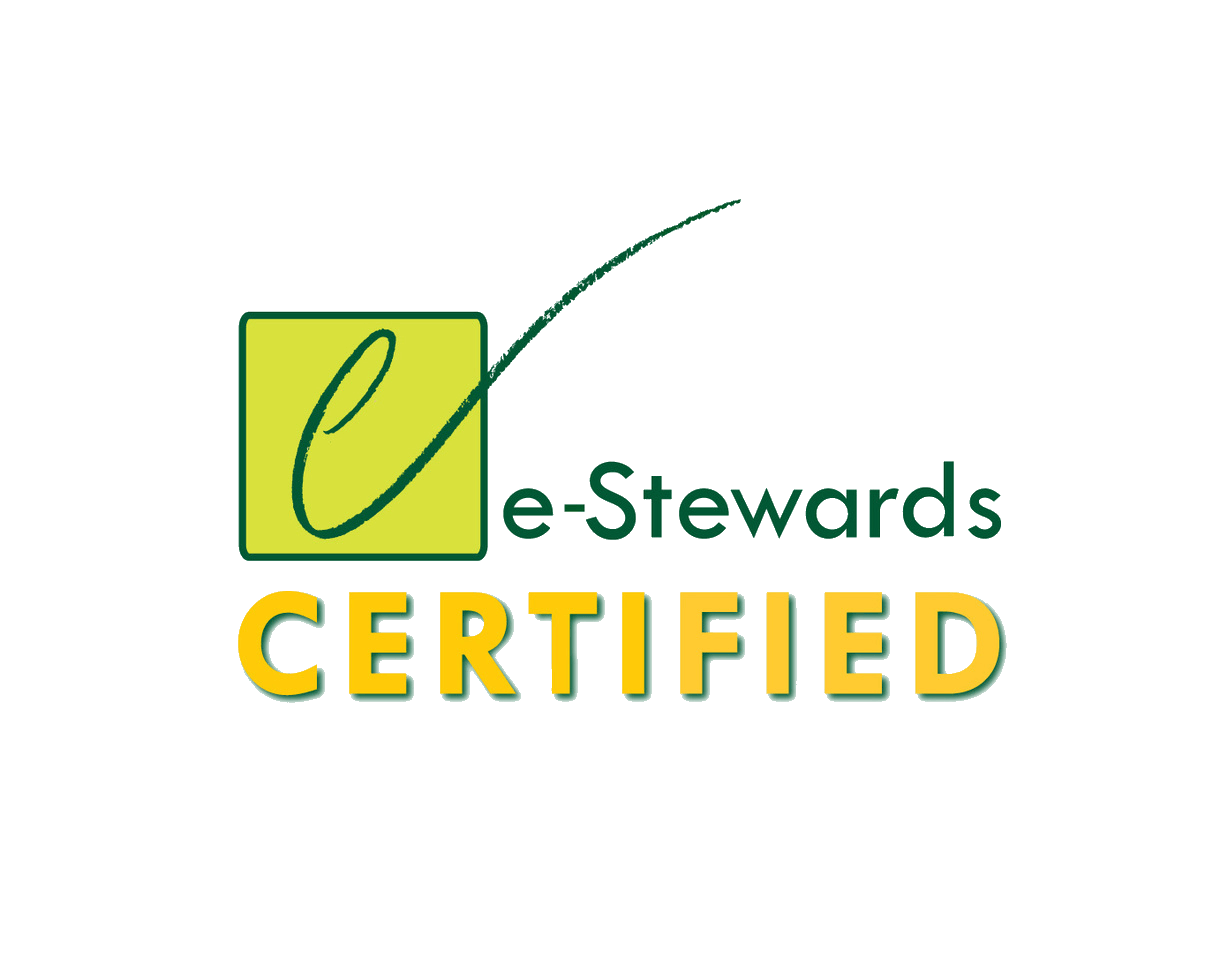
e-Stewards Certified Recyclers Ethically Recycle and Repair your Retired Electronic Assets
What Makes Us Different
Data Security
All e-Stewards processors must destroy all residual data on equipment they receive. By partnering with NAID AAA, all e-Stewards processors follow cutting-edge data security practices.
Sustainability
Our parent organization, Basel Action Network, which discovered the cyber-age nightmare in China and Africa, was founded to protect the planet against the unsustainable and unjust trade in waste. They created the e-Stewards Certification as a vehicle to achieve environmental justice and an ethical circular economy.
Legal
The e-Stewards Standard is written to conform with the law, both local and international, and in the fields of environment and data security.
Performance Verification
In addition to third party auditing, our e-Stewards’ unique performance verification program confirms Standard conformance 24/7, year-round.
Global
e-Stewards is truly a global standard with certified processors spanning multiple continents and is conceived to recognize and adhere to the strict international waste trade rules of 190 countries.
Responsive
e-Stewards listens closely to stakeholders and as the industry evolves, continuously strives to improve its Standard and adjunct programs.
Hear from the Community

the e-Stewards Standard best fulfills our corporate mission and vision. We are very pleased with our choice.”
For Processors
e-Stewards Certification sets the highest standard for ethical and innovative retired electronic asset processing in the world. Enterprises seek the best in their asset disposition. Answer their call by being e-Stewards certified.
For Enterprises
By joining our Enterprise program and pledging to prefer Stewards Certified Processors, you can limit your liabilities while demonstrating your commitment to the ESG goals of environmental health, social justice, and proper governance.
Have retired electronics?
Find an e-Stewards Certified Processor
With certified e-Stewards processors located internationally and throughout every region of the United States, there is likely to be an e-Stewards Processor or Collector right in your backyard.


